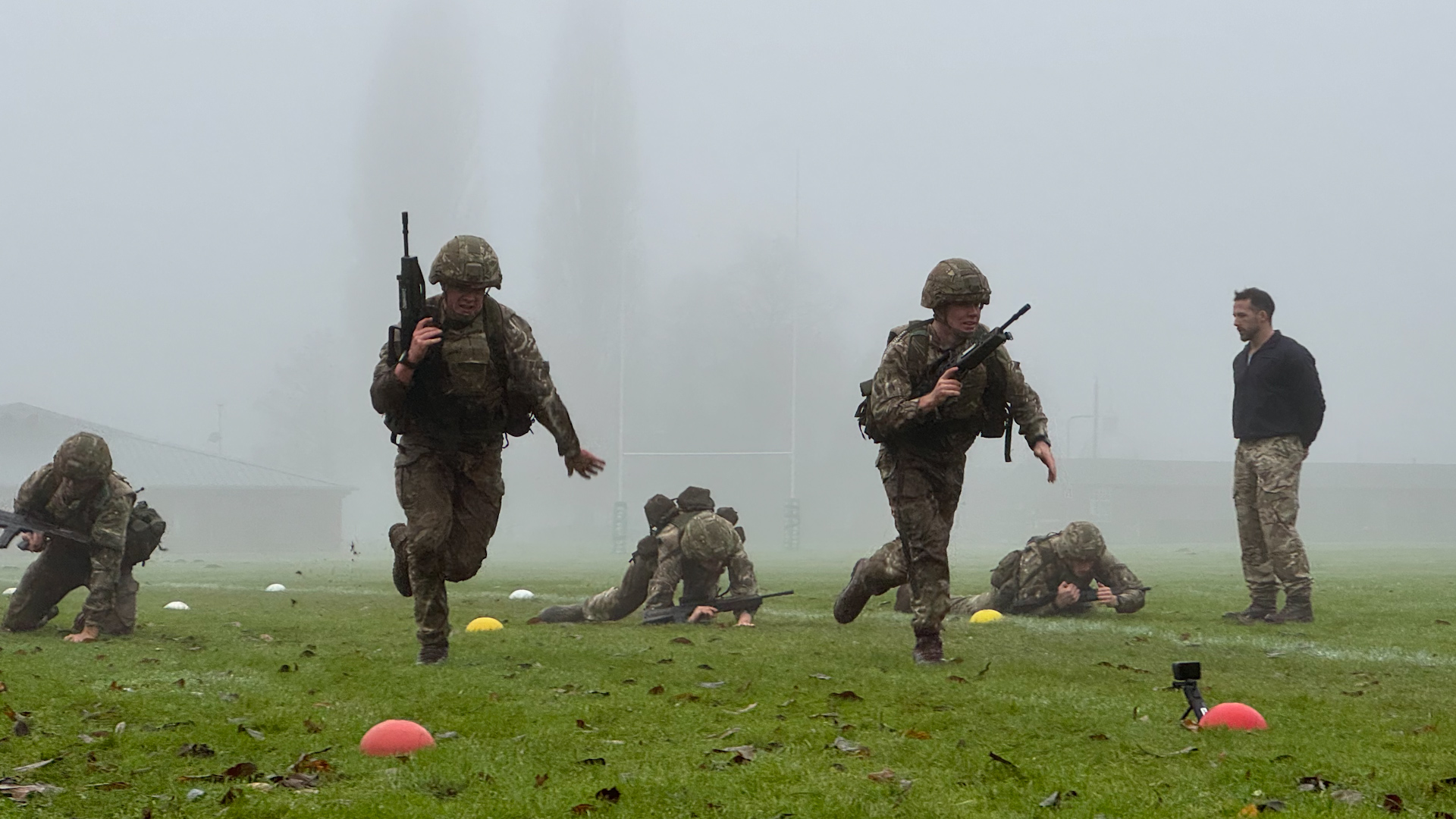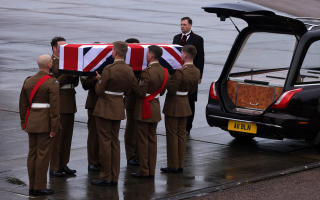
Plenty of obstacles to overcome, but young people still willing to join the Armed Forces

A recent study commissioned by Serco, the recent winner of the MOD recruiting contract, reveals a significant shift in public sentiment among younger generations towards military service.
Over half (53%) of Gen Z (ages 16–28) and Milllennials (29-44) now report being more inclined to pursue careers in the Army, given the current global instability and war in Europe. The inclination to join is particularly strong among those aged 25 to 34, where the figure rises to 62%.
This is a clear signal that the emerging workforce is acutely aware of the threats facing the UK and its allies, and is increasingly motivated to contribute directly to national defence. It's in line with the Nordic countries, Norway, Sweden and Finland, where military service is as popular as in the UK.
Conversely, in Germany, which has recently voted to spend €200bn on defence, the figures are almost the opposite, with 59% saying they would not join the military.
Germany needs to recruit 40,000 personnel per annum and aims to increase the size of the army to 235,000 by 2035, which seems a pretty tall order given this reticence.
Germany must search for ways to paint a more favourable picture of the military to young people and boost recruitment.
The French government announcement that from next month all 15 to 25-year-olds must attend a day's mandatory briefing on military service and being a "good citizen" seems an excellent idea to me and one we should at least consider.

Media perception off the mark
This new interest in the military in the UK seems slightly at odds with social and popular media, who suggest the younger generations don't have the gumption and grit of their forbearers who fought in WW1 and WW2.
My experience of this generation, and having recently visited the current recruits at the Royal Military Academy Sandhurst, is that they are probably more resilient, determined and professional than my intake in 1988!
This research supports the central tenet of the recently published Strategic Defence Review (SDR), which places people at the core of national security policy.
The SDR calls for a "whole-of-society" approach - mobilising public and private sectors alike and reconnecting the Armed Forces with the communities they serve.
It is a shame, then, when soldiers are told not to wear their uniform in public, and some regiments are told not to take tanks and armoured vehicles to county shows, for fear of upsetting a minority of activists who are anti-military and anti-government.
I am impressed by how inclusive the military is today, and its sensible approach to training without losing the hardship and challenge of basic training for soldiers and officers alike.
Beastings in extreme heat and cold, which some of us had to endure, are no longer part of the curriculum, and from what I saw at Sandhurst huge strides have been made to do away with the perceived drinking and laddish culture of yesteryear.
This must be in part the reason for the increased interest from potential recruits today.
Young are queuing, but ranks aren't swelling
With so much good news on the potential crop of youngsters wanting to join the Army, why are we still so understrength?
In my experience, over the last few years the system has been so clunky and difficult to navigate, being purely an objective system. The process of recruiting soldiers, who ultimately may have to lay down their lives for the nation, must have a subjective element.
AI in future may be able to judge "the cut of one's jib", which is essential to understand whether somebody is made of the "right stuff" to perform in battle. However, our artificial counterparts are not there yet, hence the requirement still for human interaction in the system.
Most of the young men and women I have spoken to about joining the Army have taken 18-36 months to achieve their aim, and I expect this is similar for the RAF and Royal Navy.
But for Gen Z, the main focus for recruitment, this is a lifetime. According to a study in The Times last year, around 75% give up before donning uniform.

This is the challenge the MOD and Serco must overcome and at its heart, we must bring subjectivity back into the recruiting system.
This research serves as a critical indicator, that Defence must evolve - not only to meet strategic threats, but to remain competitive in the contest for the nation's most capable and principled young people.
If the military is to remain a credible career path in the modern era, it must adapt to the changing expectations of the people it seeks to recruit - without losing the essence of what it means to be a soldier.
Hamish de Bretton-Gordon is a former Colonel and Commanding Officer of the Chemical, Biological, Radiological and Nuclear Regiment.









